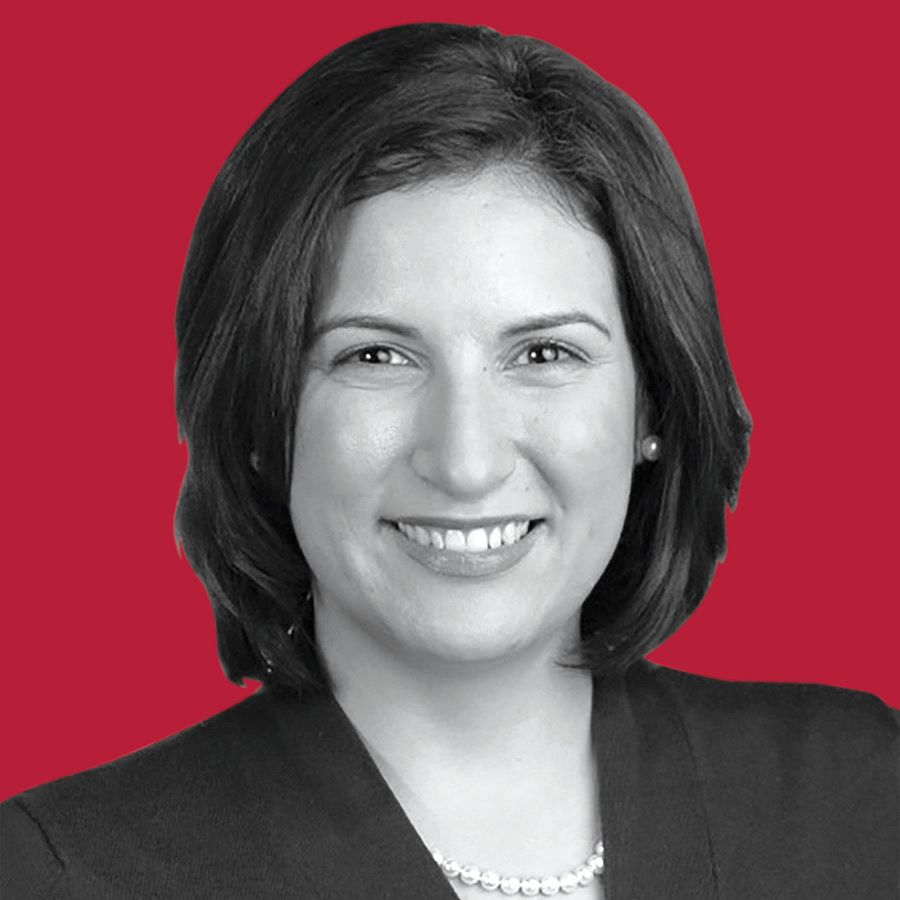Infusion of Talent with Five New Faculty Members
These new hires are in addition to the eleven standing faculty members who have joined the Law School in the previous five years. They each bring a wealth of scholarly and experiential expertise and embody a range of diverse perspectives and methodologies in their teaching and research.
Lisa Fairfax

Lisa Fairfax
Fairfax’s scholarly interests include corporate governance matters, fiduciary obligations, board-shareholder engagement, board composition and diversity, shareholder activism, affinity fraud, and securities fraud. Her book, Shareholder Democracy: A Primer on Shareholder Activism and Participation, is a seminal work on shareholder activism. Additionally, Foundation Press referred to Fairfax’s new textbook, Business Organizations: An Integrated Approach, as an “especially big hit.”
She is also the author of many law review articles, including one of the 10 best corporate and securities articles of 2019, “The Securities Law Implications of Financial Illiteracy.”
Prior to joining the GW Law faculty, Fairfax was a Professor of Law and Director of the Business Law Program at the University of Maryland School of Law. Before joining academia, she practiced corporate and securities law with Ropes & Gray LLP in Boston and Washington, D.C. She graduated with honors from Harvard College and earned her JD, with honors, at Harvard Law School.
Jasmine Harris
Previously, Harris was a Professor of Law and the Martin Luther King, Jr. Hall Research Scholar at the University of California-Davis School of Law. She specializes in disability law, antidiscrimination law, education law, civil rights law, and evidence. A law and equality scholar, Harris’ work on disability appears in leading law reviews and journals including the Columbia Law Review, New York University Law Review, University of Pennsylvania Law Review, Yale Law Journal Forum, and Cornell Law Review Online. She recently joined leading evidence scholars as a co-author of the preeminent evidence treatise, McCormick on Evidence.
Harris clerked for the late Harold Baer, Jr., United States District Judge for the Southern District of New York, and has worked in both private and public interest law. She practiced complex commercial litigation, securities, and government investigations as a Senior Associate with WilmerHale. She served as a staff attorney with the Advancement Project, where she built grassroots advocacy campaigns around racial injustice in education and juvenile matters.

Sandra Mayson
Mayson’s scholarship explores intersections between criminal law, constitutional law, and legal theory, with a focus on the role of risk assessment and preventive restraint in the criminal justice system. Her scholarship has appeared in the Yale Law Journal, Stanford Law Review, Virginia Law Review, Duke Law Journal, Boston University Law Review, Boston College Law Review, Notre Dame Law Review, Georgia Law Review, and Criminal Law and Philosophy. Mayson is active in pretrial law reform. She has served as the Associate Reporter for the Uniform Law Commission’s Pretrial Release and Detention Act, co-authors amicus briefs in significant lawsuits challenging money-bail systems, and regularly advises public and private stakeholders on pretrial reform initiatives.
Mayson was previously Assistant Visiting Professor of Law at the Law School (2020-21) and Assistant Professor of Law at the University of Georgia School of Law, where she received the C. Ronald Ellington Award for Excellence in Teaching, the John C. O’Byrne Memorial Award for Significant Contributions Furthering Student-Faculty Relations, and designation as a Faculty Marshal. She began her academic career as a Furman Fellow at the New York University School of Law and a Research Fellow with the Quattrone Center for the Fair Administration of Justice at Penn.

Sandra Mayson
Professor of Law
Jennifer E. Rothman
Rothman is nationally recognized for her scholarship in the intellectual property and constitutional law fields and is a leading expert on the right of publicity. Her book, The Right of Publicity: Privacy Reimagined for a Public World, has been described in reviews as “indispensable” and the “definitive biography of the right of publicity.” Rothman’s essays and articles regularly appear in top law reviews and journals. She also created Rothman’s Roadmap to the Right of Publicity, the go-to website for right-of-publicity laws and commentary.
Before coming to Penn, Rothman was the William G. Coskran Professor of Law at LMU Loyola Law School in Los Angeles. She is the 2019-2020 recipient of the David P. Leonard Faculty Service Award for outstanding teaching and service, an elected member of the American Law Institute (ALI), and an adviser on the Restatement of the Law (Third) of Torts: Defamation and Privacy project from ALI.

Rothman received her AB from Princeton University, where she earned the Asher Hinds Book Prize and the Grace May Tilton Prize. She also received an MFA in film production from the University of Southern California’s School of Cinematic Arts, where she directed an award-winning documentary. Rothman received her JD from UCLA, where she graduated first in her class and won the Jerry Pacht Memorial Constitutional Law Award for her scholarship in that field.
Shelly Welton
Although she officially starts at the Law School next fall, Welton is participating in law school seminars and is serving in the spring semester as a Kleinman Center visiting scholar. Starting next fall, she will teach Environmental Law and host an advanced climate and energy seminar at Penn Law in addition to her Energy and Climate course at the Kleinman Center.
Welton’s legal research focuses on how climate change is transforming energy and environmental law, spanning decarbonization in a democracy to clean energy justice. She comes to Penn from the University of South Carolina School of Law, where she taught administrative law, energy law, environmental law and policy, and climate change law. Her scholarship has appeared in publications like the California Law Review, Columbia Law Review, and Harvard Environmental Law Review.
